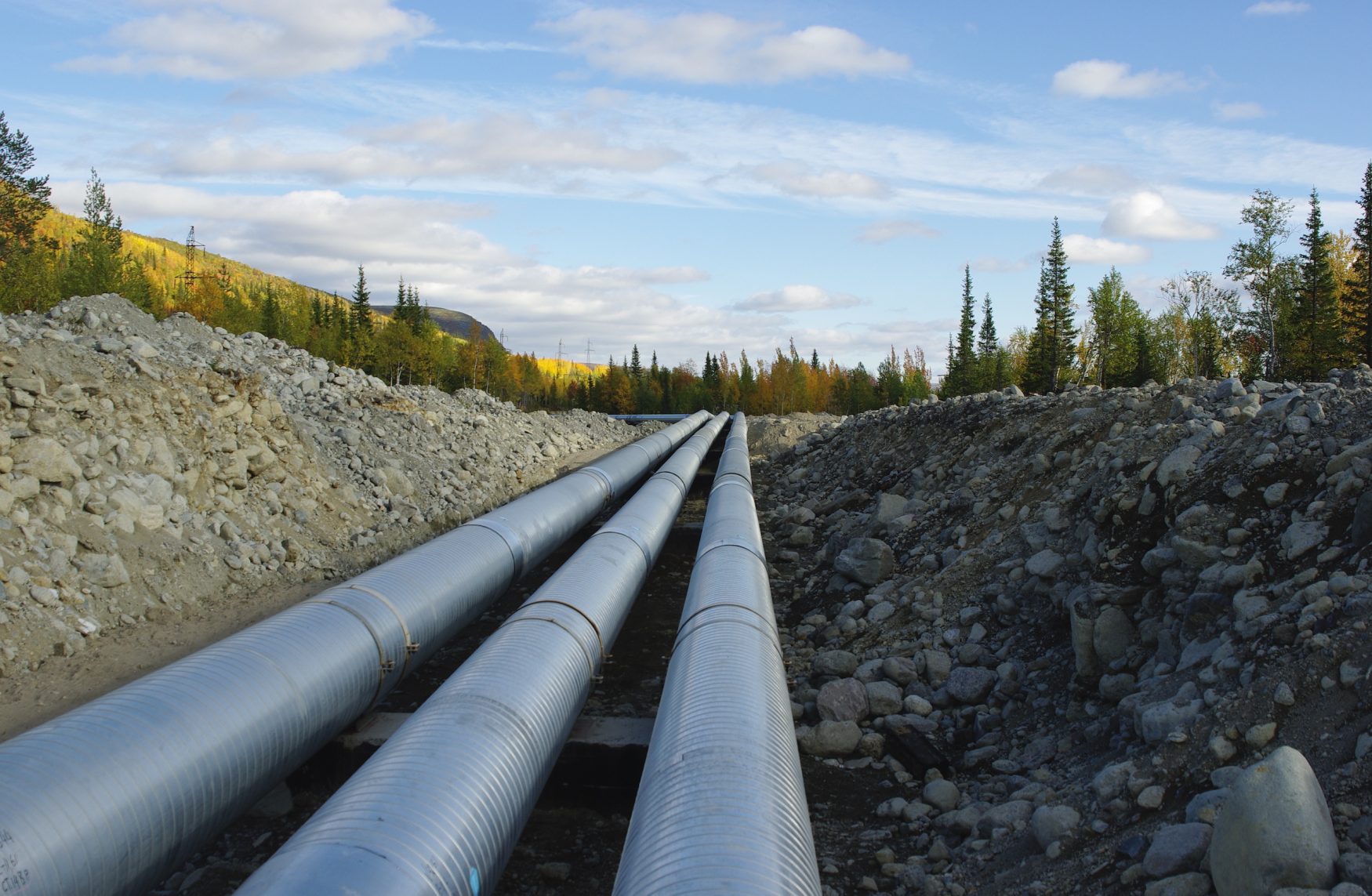
Federal Regulation of Oil Pipelines
Federal Regulation of Oil Pipelines Increases Cost and Red Tape for Oil Companies Forcing an Increase in Imported Oil and Higher Prices for Consumers.
One of the reasons for the banks in the United States and other countries running amok, and creating one of the worst banking crises in recent memory was the lack of control by the regulators.
The Federal Reserve in the US and the Financial Services Authority in the UK were rightly heavily criticized for not keeping a tighter reign on the banks.
So it seems ironic that over regulation in other industries has stifled productivity as companies are wrapped up in red tape.
This is one of the reasons why new oil refineries in the United States are rarer than an open fire in an Eskimo’s igloo.
Federal regulation of oil pipelines has meant that oil companies simply cannot get the permits to start up new refineries.
The baffling thing is there is no shortage of oil ready to be extracted from US territory, and yet federal regulation of oil pipelines is causing prices to go up for American consumers as the supply struggles to meet demand.
It seems a crazy situation for the US Government to allow this to occur when they are importing large volumes of oil from overseas, when in fact there is so much untapped oil available on their own doorstep.
Refineries have had to pay more than $50 billion over the last 15 years to comply with federal regulation of oil pipelines.
These include, among others, the Clean Air Act, the Clean Water Act, the Toxic Substances Control Act, the Safe Drinking Water Act, the Oil Pollution Act, the Resource Conservation and Recovery Act, and the Comprehensive Environmental Response, Compensation and Liability Act.
The unbelievable amount of regulation involved in the oil industry alone then has to be added to the amount of regulation all industries should be adhering to, such as the Sarbanes-Oxley law, which is both time consuming and expensive to comply with.
For this reason the United States is increasingly dependent on overseas supplies, and not only is this costing the oil companies, but more importantly it is costing the American people.
A shortage of refining capacity in the US leads to a shortage of product and inevitably higher prices.
Not only that but it means less jobs for Americans as foreign oil fields are exploited by foreign workers to be exported to the United States.
It seems that oil barons find the cost saving from not having to comply with US federal regulation of oil pipelines, far and away offsets the cost of shipping gasoline from other countries.
Lessons Not Learned
Oil shortages are not a new phenomenon to the United States.
Government incompetence in the 1970s under President Carter created long queues at the pumps.
Then it was due to intervention by the government, who imposed price controls to give Americans a better deal.
Commendable intentions, but unfortunately flawed as the demand far exceeded supply, with some gas stations running out of gas.
The difference now is that the US Government is happy to see prices higher as their main concern is controlling oil fields in far away lands such as Iraq.
Not Just Regulation to Blame
Of course there are factors other than the federal regulation of oil pipelines leading to consumers having to pay ridiculously inflated prices for oil in the United States.
These give the oil companies an excuse to hike up prices in order to keep up massive profits year after year.
They blame regulations, but it also their greed keeping prices so high.
These companies know that the demand will always be there, especially in an industrial super power like the United States.
Therefore stifling production creates demands greater than the supply and forces prices higher still.
As usual it is the ordinary citizens fighting to get through the recession that are paying through the nose.
Speculators Hike Oil Prices
Investors have moved into energy commodities markets to take advantage of price changes or hedge against them over recent years.
This highlighted by the fact that the average daily trading volume of oil futures rose to 15 times average daily world demand in 2008 as opposed to just four times the average daily world demand in 2002.
Mohsin S. Khan of the Peterson Institute for International Economics believes that without speculative activity via financial markets, oil prices in 2008 would have been as low as $80 per barrel.
Oil prices actually peaked in July 2008 at an astronomical $147 dollars per barrel. Again money was being made at the expense of consumers.

 My First Amazing Ayahuasca Experience
My First Amazing Ayahuasca Experience  Pine Needle Tea
Pine Needle Tea  The REAL Controllers of Humanity: The Papal Bloodlines
The REAL Controllers of Humanity: The Papal Bloodlines  Is it Global Warming or Cooling?
Is it Global Warming or Cooling?  Gun Rights and Obama Examined
Gun Rights and Obama Examined